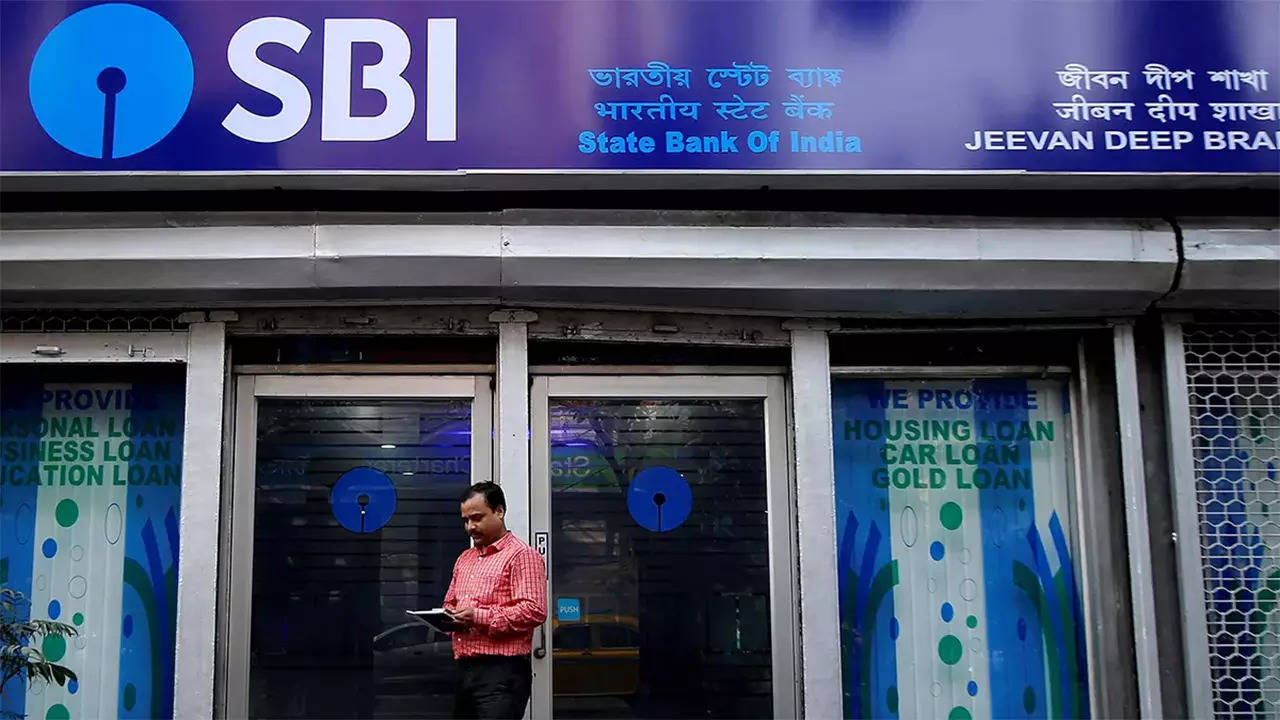In a landmark judgement on February 15, the SC had annulled the electoral bonds scheme for political funding, saying it violates the Constitutional right to freedom of speech and expression as well as the right to information.
In its verdict months ahead of the Lok Sabha polls, the apex court had ordered the State Bank of India (SBI) to disclose to the Election Commission by March 6 the names of the contributors to the six-year-old scheme.
A five-judge Constitution bench headed by Chief Justice D Y Chandrachud directed that the SBI must disclose details of each electoral bond encashed by political parties. The information should include the date of encashment and the denomination of the bonds and be submitted to the poll panel by March 6.
The Election Commission should publish the information shared by SBI on its official website by March 13, the bench had said.
What SBI’s plea says
In the application filed before the top court, the SBI contended that retrieval of information from “each silo” and the procedure of matching the information of one silo to that of the other would be a time-consuming exercise.
The plea submitted that due to stringent measures undertaken to ensure that the identity of the donors was kept anonymous, “decoding’ the electoral bonds and matching donors to the donations made would be a complex process.
“It submitted that the data related to the issuance of the bond and the data related to the redemption of the bond was kept recorded in two different silos. No central database was maintained. This was done to ensure that donors’ anonymity would be protected.”
“It is submitted that donor details were kept in a sealed cover at the designated branches and all such sealed covers were deposited in the Main Branch of the Applicant bank, which is located in Mumbai,” the plea said.
(With inputs from agencies)
